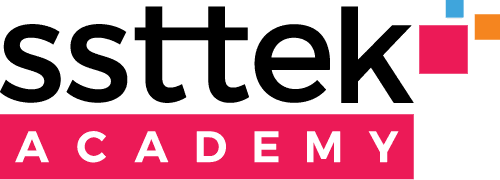B2B SaaS stands for “Business to Business Software as a Service.” B2B SaaS enables businesses to meet their technological needs through a cloud-based platform and typically operates with a subscription-based payment system. In the SaaS (Software as a Service) model, users access the software via the internet instead of downloading and installing it directly.
How Does B2B SaaS Work?
B2B SaaS is typically delivered to businesses through cloud-based platforms. Businesses subscribe to a specific software application to use it on the cloud. These software solutions are generally designed to meet various functional needs, such as customer relationship management (CRM), accounting, project management, marketing automation, and analytics tools. SaaS providers handle tasks such as software maintenance, updates, and security.
Advantages of B2B SaaS
- Low Initial Cost: While traditional software may come with high licensing and hardware costs, the B2B SaaS model generally offers access with low initial costs.
- Flexibility and Scalability: B2B SaaS platforms are typically flexible and scalable, allowing businesses to grow or shrink according to their needs. User numbers and features can be increased or decreased as the business evolves.
- Updates and Maintenance: Software providers are responsible for maintaining, securing, and updating the application. This ensures that businesses always use up-to-date and secure software.
- Quick Setup and Usage: Most SaaS software comes with user-friendly interfaces and can be set up and used quickly. This allows businesses to deploy software faster.
- Location-Independent Access: Since SaaS platforms are generally cloud-based, they can be accessed from anywhere with an internet connection. This feature is especially beneficial for remote work or teams in different geographical locations, enabling easy collaboration.
Types of B2B SaaS
- Customer Relationship Management (CRM) Software: Software that helps businesses manage customer relationships and sales processes. Examples: Salesforce, HubSpot.
- Project Management Software: Software used to organize business processes, track projects, and facilitate team coordination. Examples: Asana, Trello, Monday.com.
- Accounting and Finance Software: Software used to manage financial transactions, accounting reports, and invoicing processes digitally. Examples: QuickBooks, Xero.
- Marketing Automation Software: Software that automates and analyzes marketing processes. Examples: Marketo, Mailchimp.
- Human Resources (HR) Software: Software that manages human resource processes, personnel management, and payroll calculations digitally. Examples: BambooHR, Workday.
B2B SaaS helps businesses increase operational efficiency by providing flexible, scalable, and low-cost software solutions. Its cloud-based nature allows users to access software from anywhere and leaves the responsibilities of maintenance and updates to the software providers. This model offers significant advantages, especially for small and medium-sized businesses.
